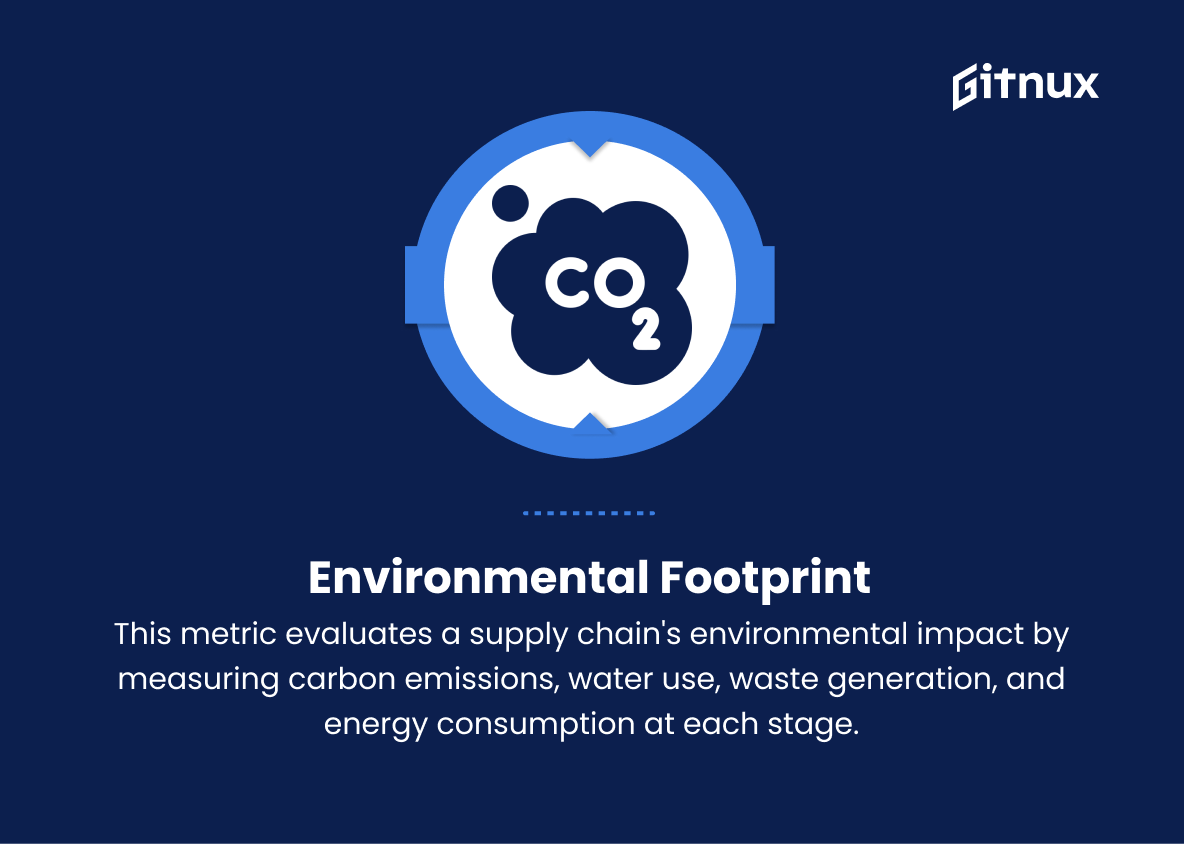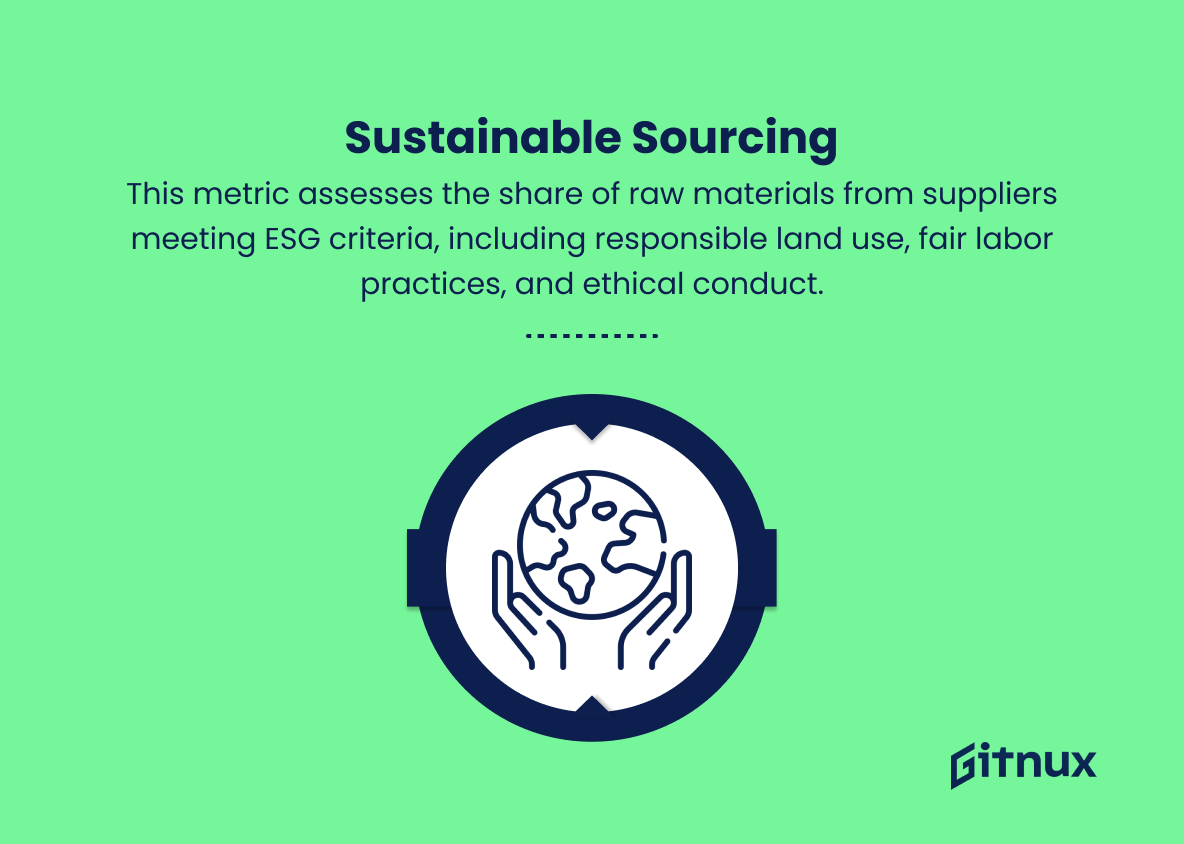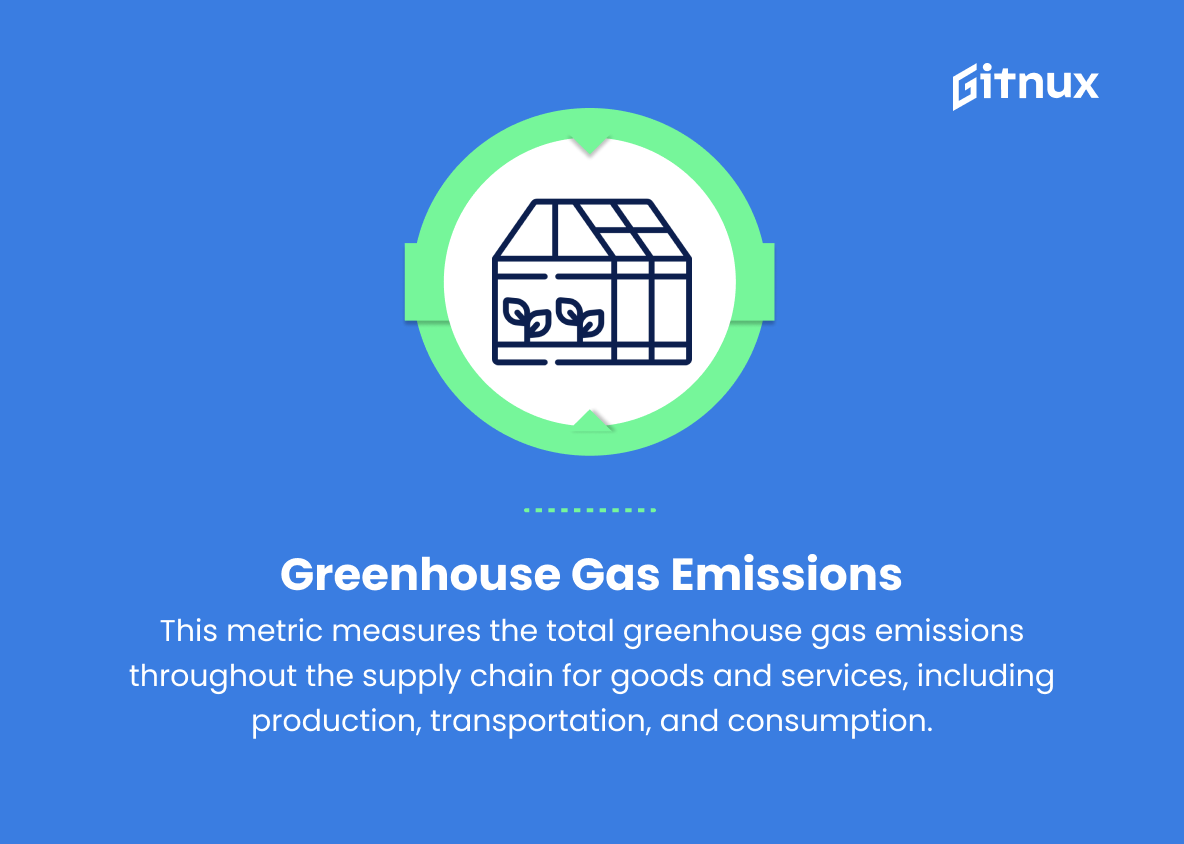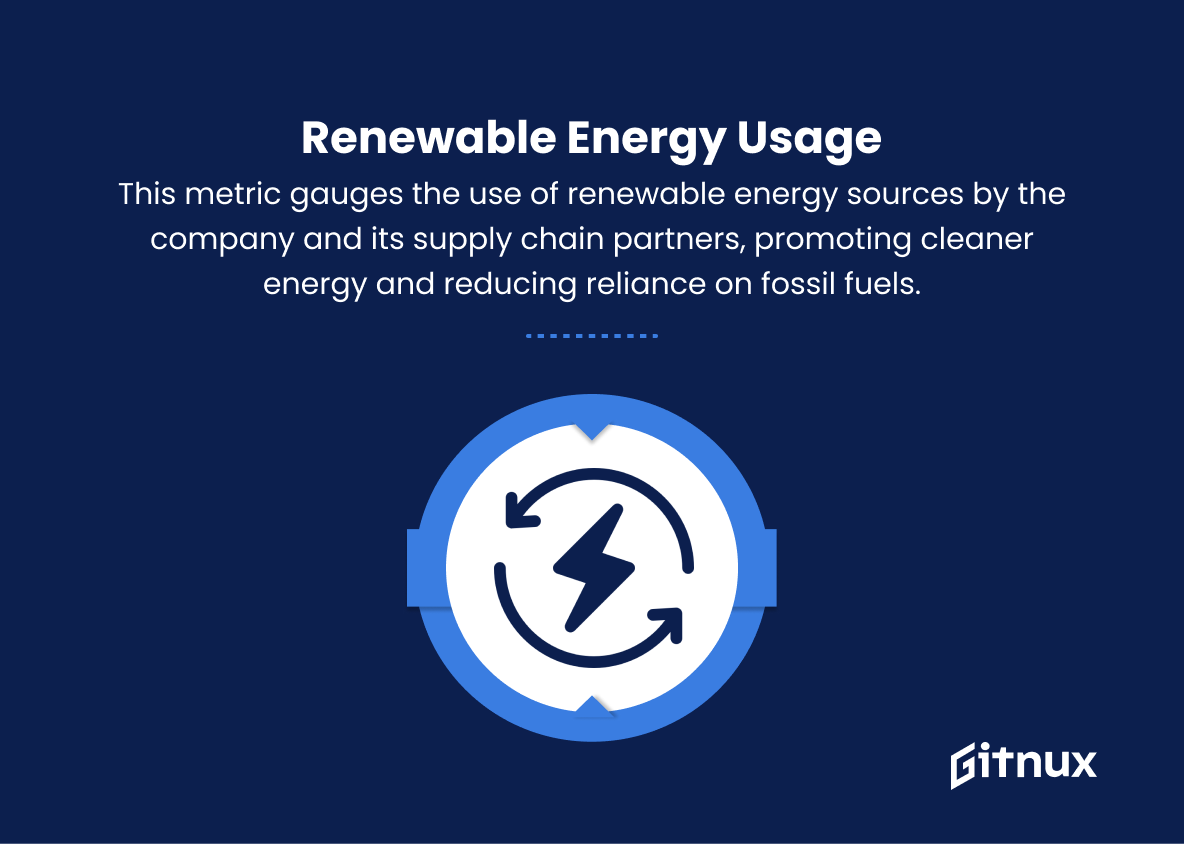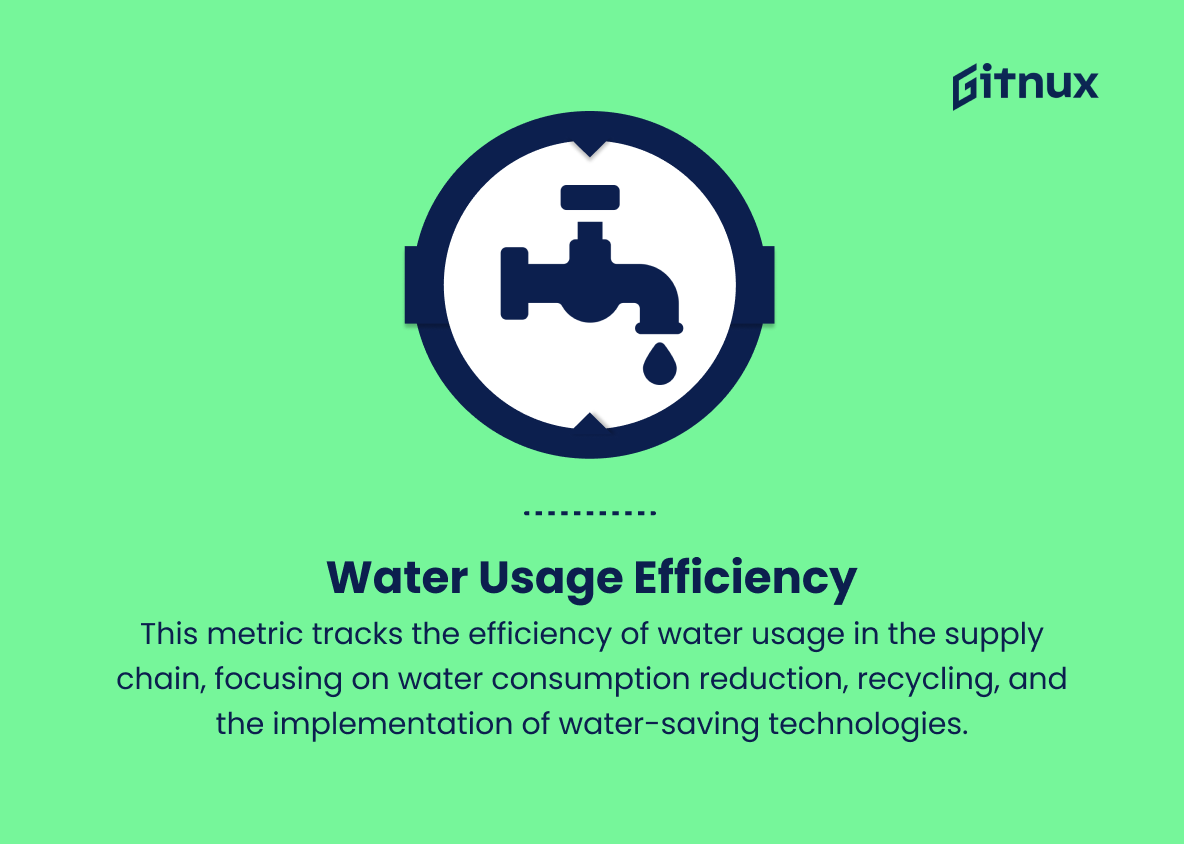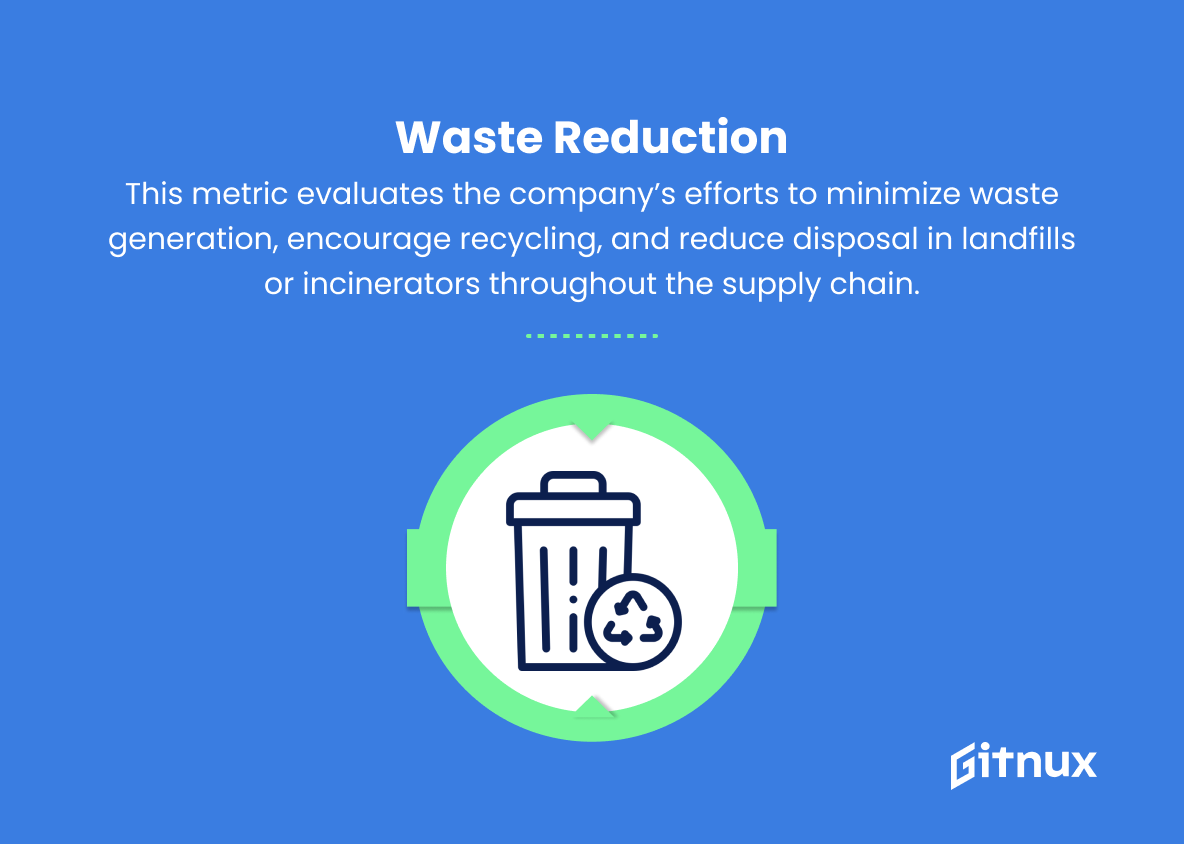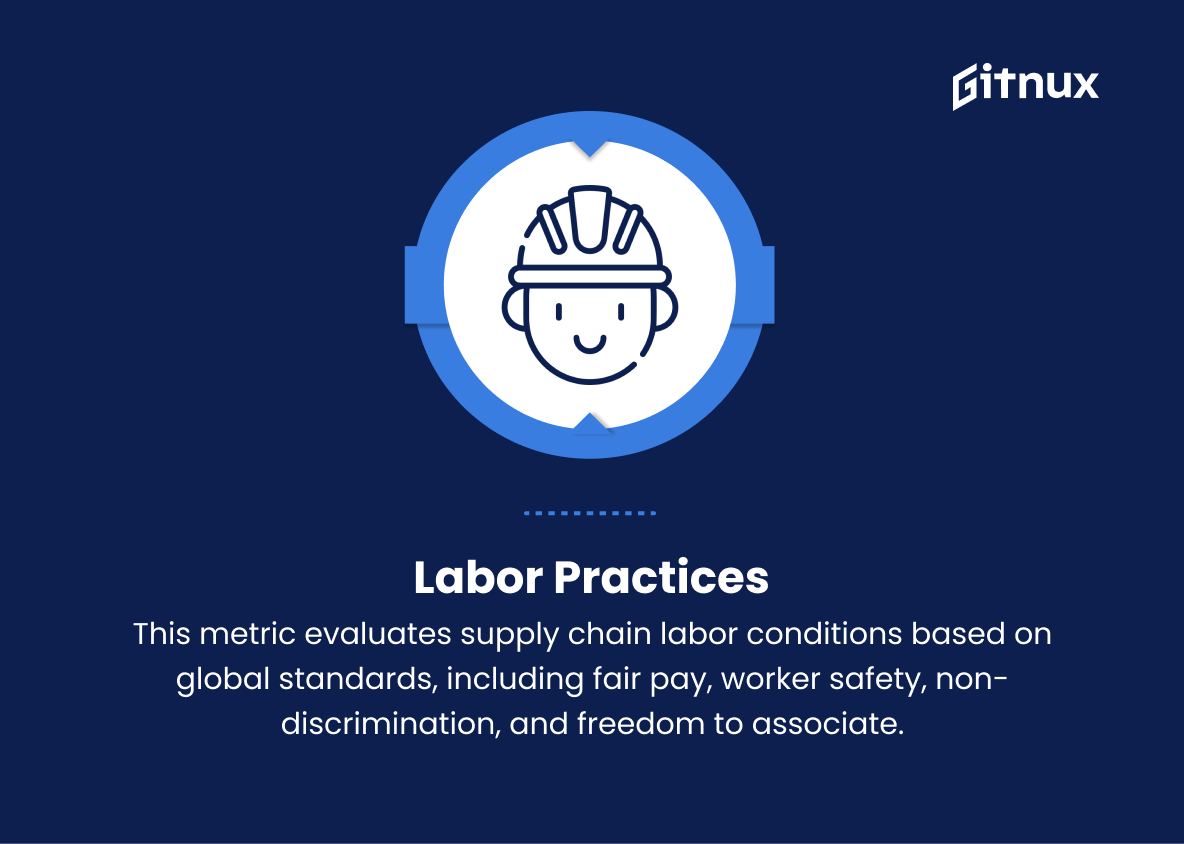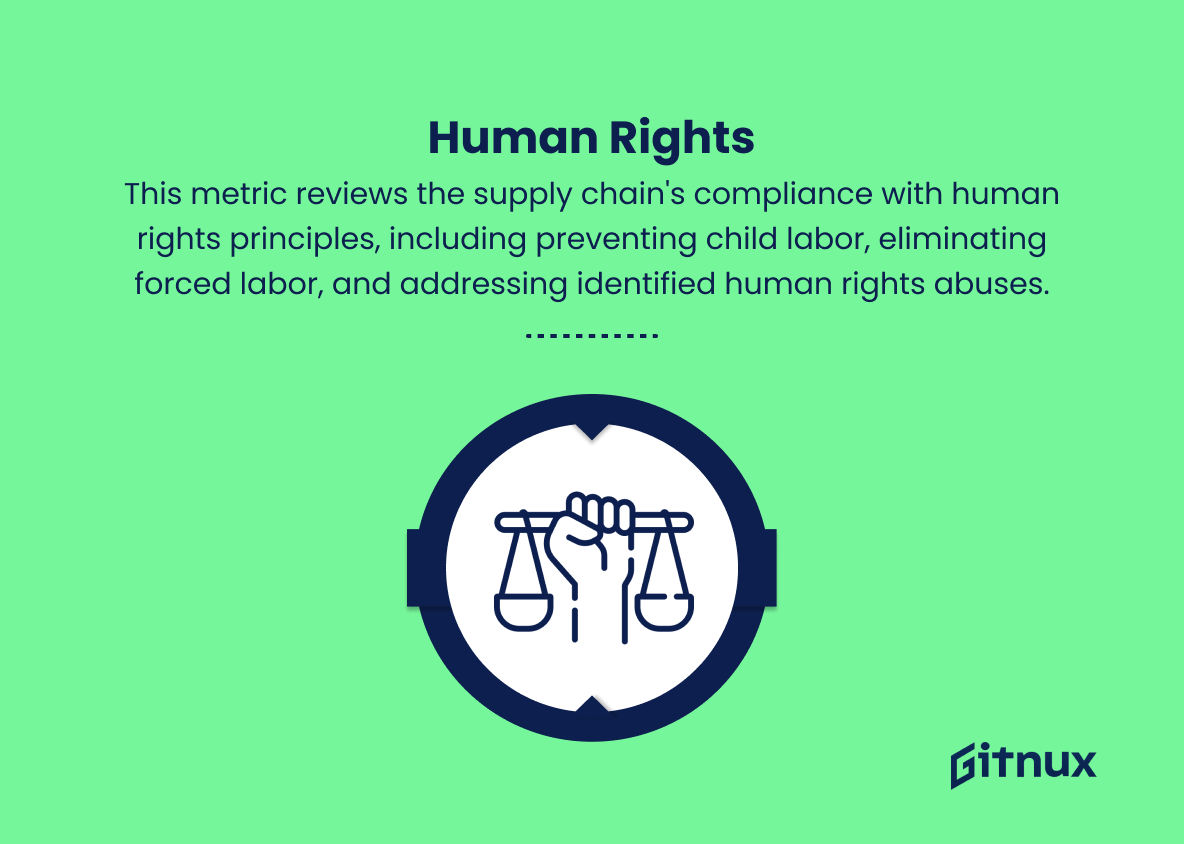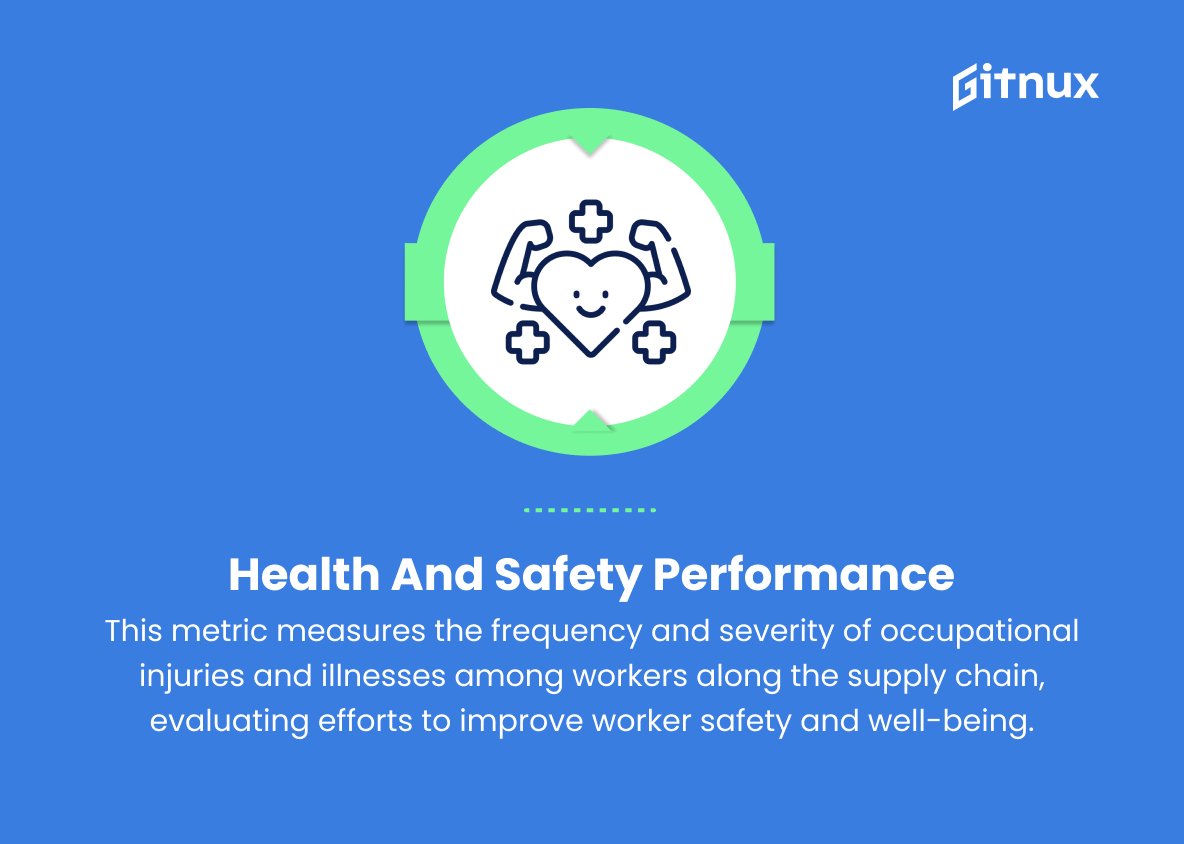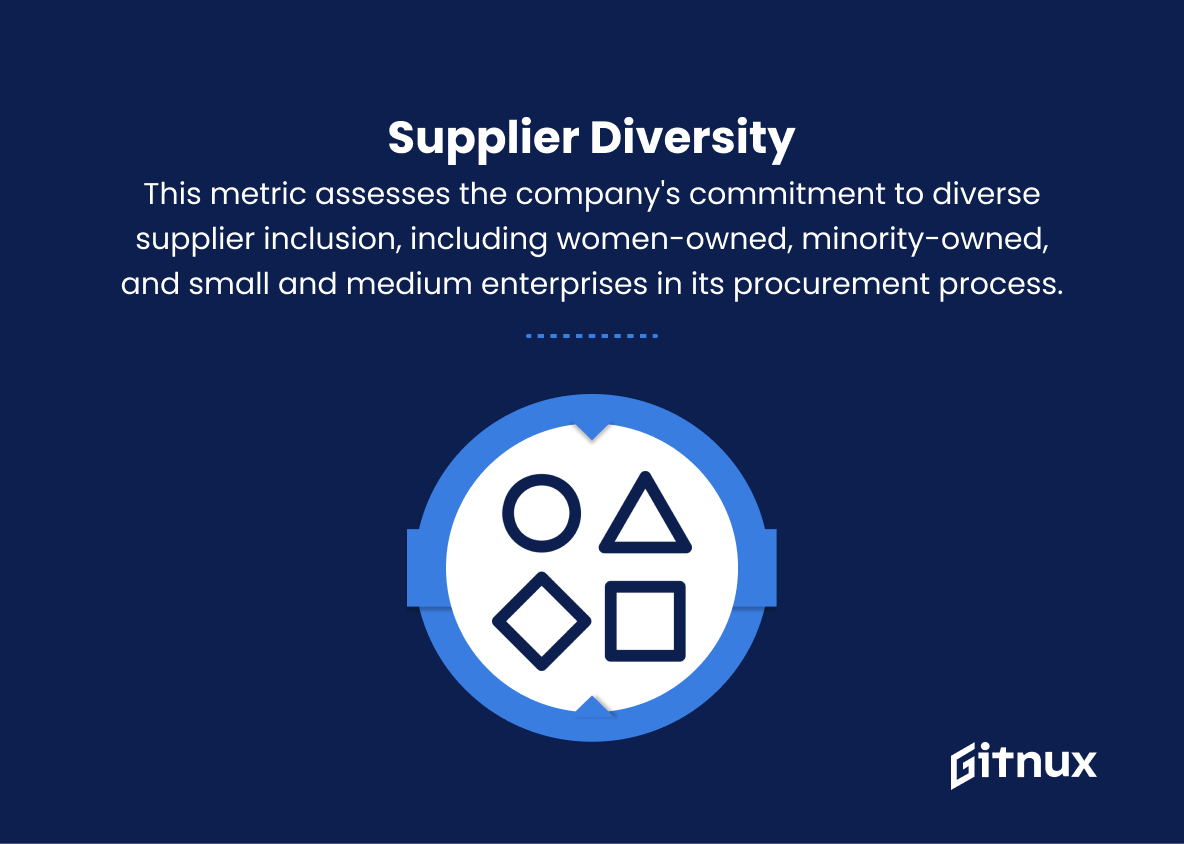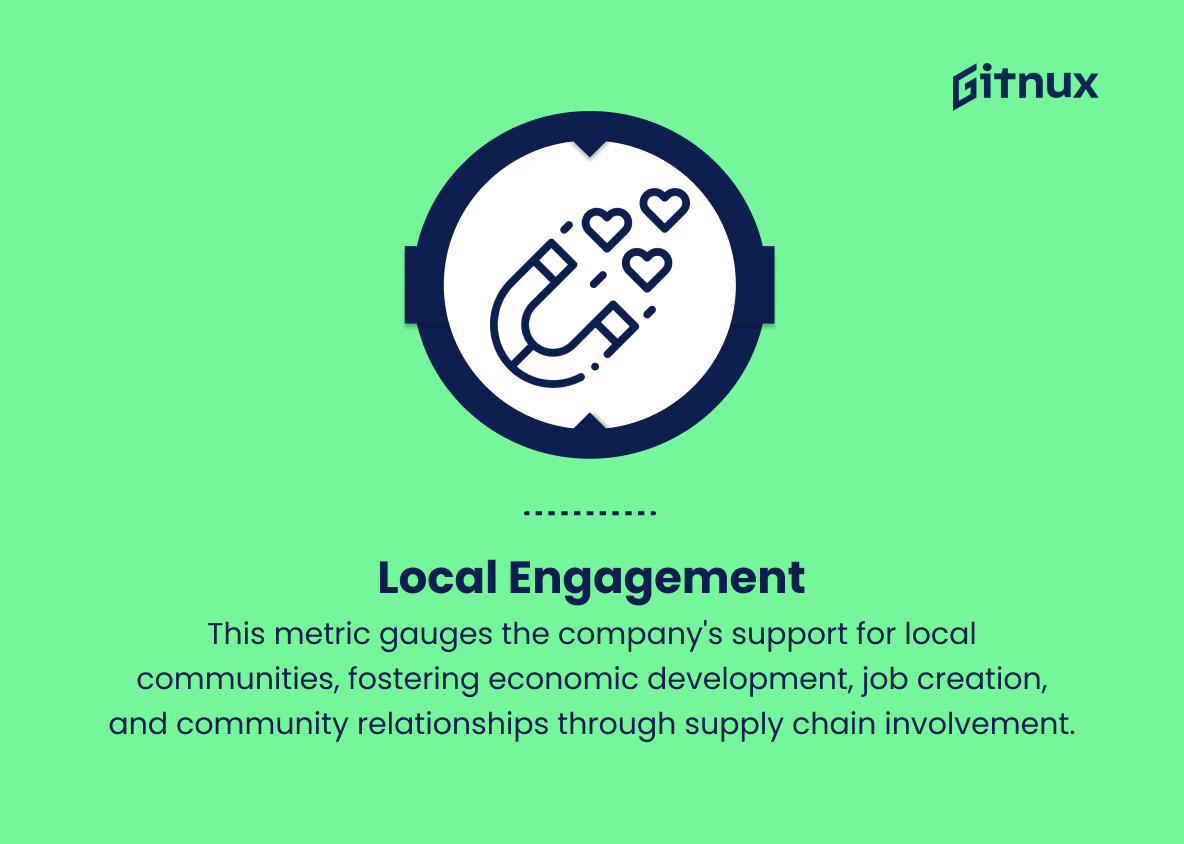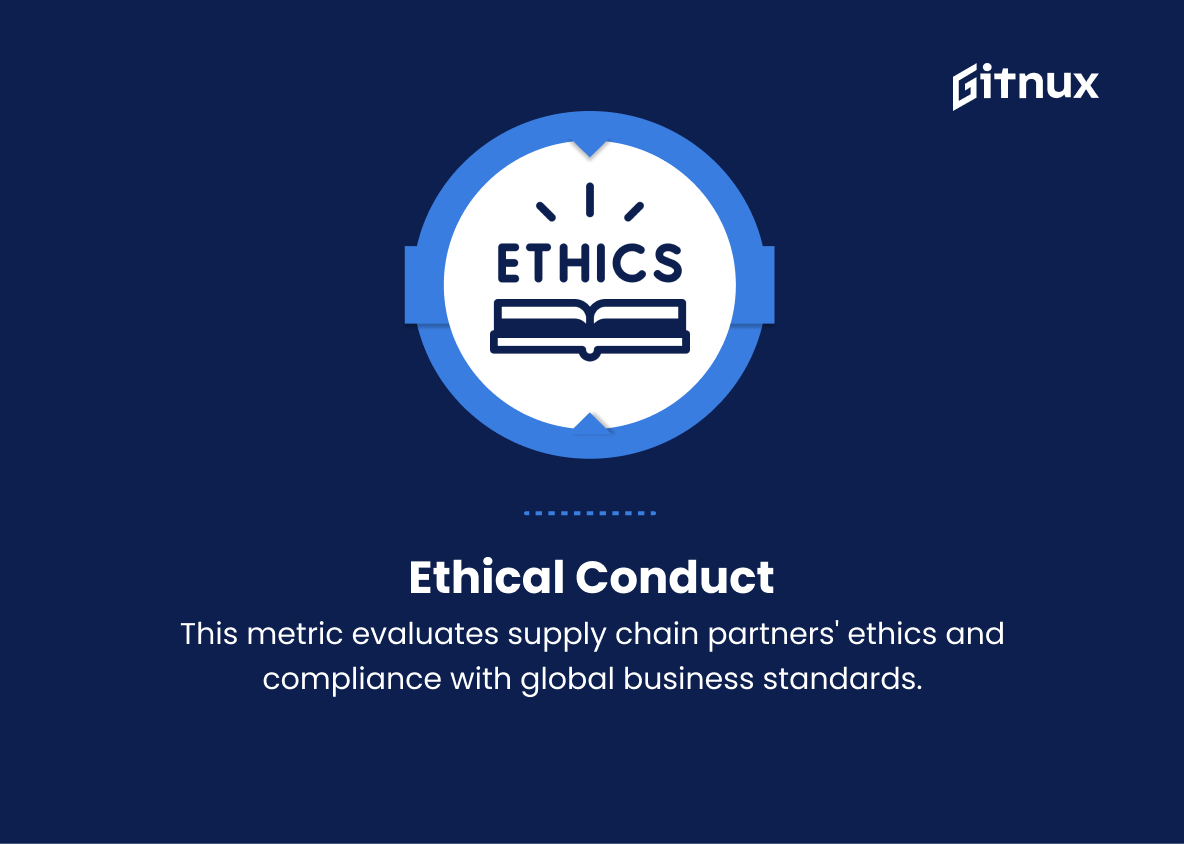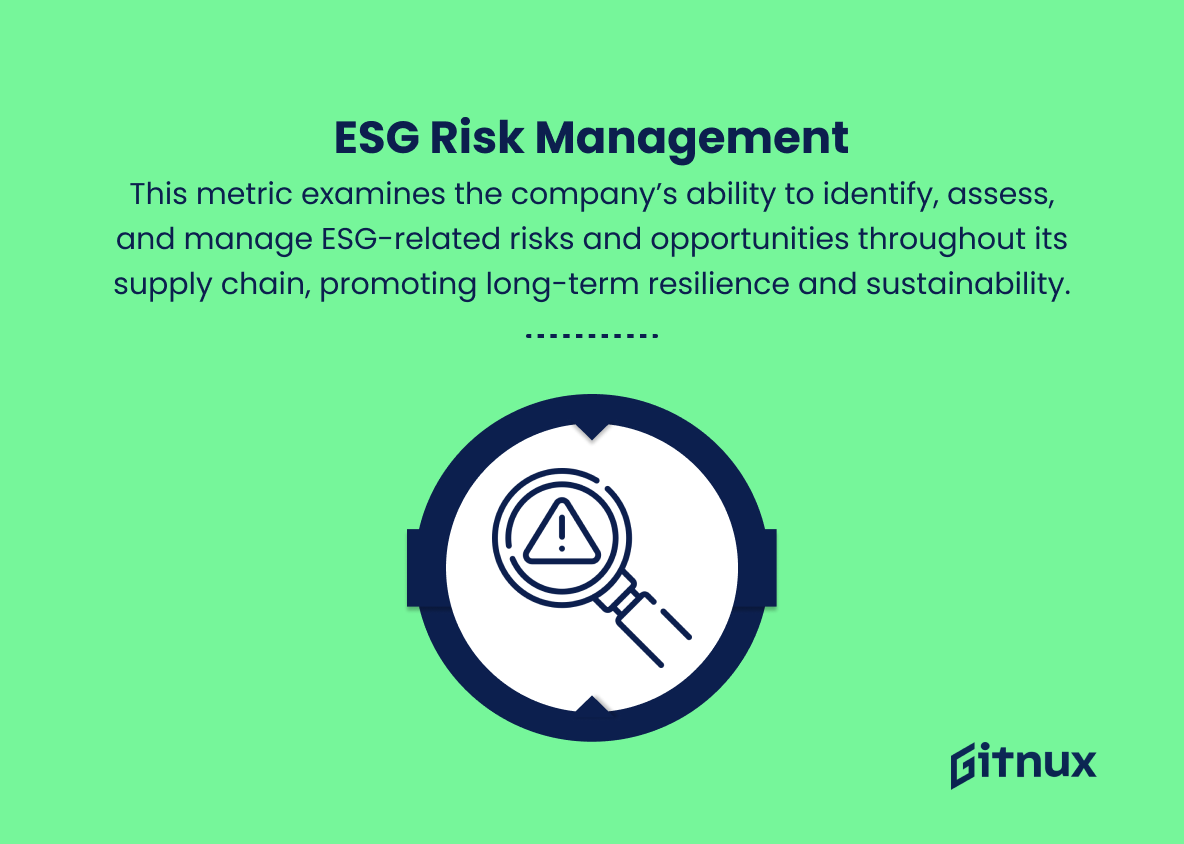In today’s rapidly evolving global market, supply chains have become increasingly complex and critical to the success of businesses across industries. However, with this complexity comes a growing responsibility for companies to ensure the sustainability and ethical practices within their supply chain operations. Environmental, Social, and Governance (ESG) metrics provide a comprehensive framework for assessing and measuring the impact of these practices, both internally and externally.
In this blog post, we will delve into the importance of Supply Chain ESG metrics, explore the key indicators used to evaluate supply chain sustainability, and discuss how businesses can leverage this information to drive positive change, mitigate risks, and build a future-proof, resilient model for success. Join us as we untangle the web of supply chain sustainability and reveal the vital role that ESG metrics play in fostering a more responsible and ethical business landscape.
Supply Chain ESG Metrics You Should Know
1. Environmental Footprint
This metric assesses the overall environmental impact of a supply chain by measuring the carbon emissions, water usage, waste generation and disposal, and energy consumption of each stage of the process.
2. Sustainable Sourcing
This metric evaluates the percentage of raw materials sourced from suppliers that meet environmental, social, and governance (ESG) criteria, including responsible land use, fair labor practices, and ethical business conduct.
3. Greenhouse Gas (GHG) Emissions
This metric quantifies the total amount of GHG emissions released into the environment during the production, transportation, and consumption of goods and services along the supply chain.
4. Renewable Energy Usage
This metric measures the share of renewable energy sources used by the company and its supply chain partners, promoting cleaner energy production methods and reducing the dependence on fossil fuels.
5. Water Usage Efficiency
This metric tracks the efficiency of water usage in the supply chain, focusing on water consumption reduction, recycling, and the implementation of water-saving technologies.
6. Waste Reduction
This metric evaluates the company’s efforts to minimize waste generation, encourage recycling, and reduce disposal in landfills or incinerators throughout the supply chain.
7. Labor Practices
This metric assesses the labor conditions across the supply chain in line with internationally recognized standards, including fair wages, employee safety, non-discrimination, and freedom of association.
8. Human Rights
This metric examines the supply chain’s adherence to human rights principles, such as child labor prevention and forced labor elimination, as well as measures taken to address any identified human rights abuses.
9. Health and Safety Performance
This metric measures the frequency and severity of occupational injuries and illnesses among workers along the supply chain, evaluating efforts to improve worker safety and well-being.
10. Supplier Diversity
This metric evaluates the company’s commitment to promoting and including diverse suppliers in its procurement process, such as women-owned, minority-owned, and small and medium enterprises.
11. Local Engagement
This metric measures the company’s efforts to support local communities and their involvement in the supply chain, promoting economic development, job creation, and community relations.
12. Traceability and Transparency
This metric evaluates the company’s ability to track and disclose information about the origin, processing, and transportation of its products, ensuring supply chain transparency and accountability.
13. Ethical Conduct
This metric assesses the supply chain partners’ compliance with ethical business practices, such as anti-corruption measures and adherence to international standards for responsible business conduct.
14. ESG Risk Management
This metric examines the company’s ability to identify, assess, and manage ESG-related risks and opportunities throughout its supply chain, promoting long-term resilience and sustainability.
Supply Chain ESG Metrics Explained
Supply Chain ESG Metrics matter as they provide a comprehensive assessment of the environmental, social, and governance aspects of a company’s entire supply chain. By evaluating the environmental footprint, sustainable sourcing, and greenhouse gas emissions, these metrics promote eco-friendly and resource-efficient practices. Renewable energy usage, water efficiency, and waste reduction collectively aim to reduce the supply chain’s overall impact on the planet.
Furthermore, the incorporation of labor practices, human rights, and health and safety performance ensures ethical and fair treatment of workers. Supplier diversity and local engagement foster inclusive growth and support community development. Traceability, transparency, ethical conduct, and ESG risk management contribute to a company’s commitment to ethical business practices and long-term sustainability, ultimately enhancing its reputation and attractiveness to investors and consumers.
Conclusion
In conclusion, it is evident that ESG metrics play a critical role in evaluating the sustainability and risk management within the supply chain. Businesses that prioritize monitoring and improving their supply chain ESG metrics not only contribute positively to the environment, social, and governance aspects of the global economy but also gain a competitive advantage in a rapidly changing market.
By understanding the implications of ESG factors and incorporating cutting-edge technology, organizations can effectively manage their supply chain, minimize risks, increase efficiency, and foster long-term growth. Thus, investing in robust ESG measurement and reporting systems for the supply chain should be an essential priority for businesses aiming to achieve long-lasting success and create a positive impact on society and the environment in the coming years.
